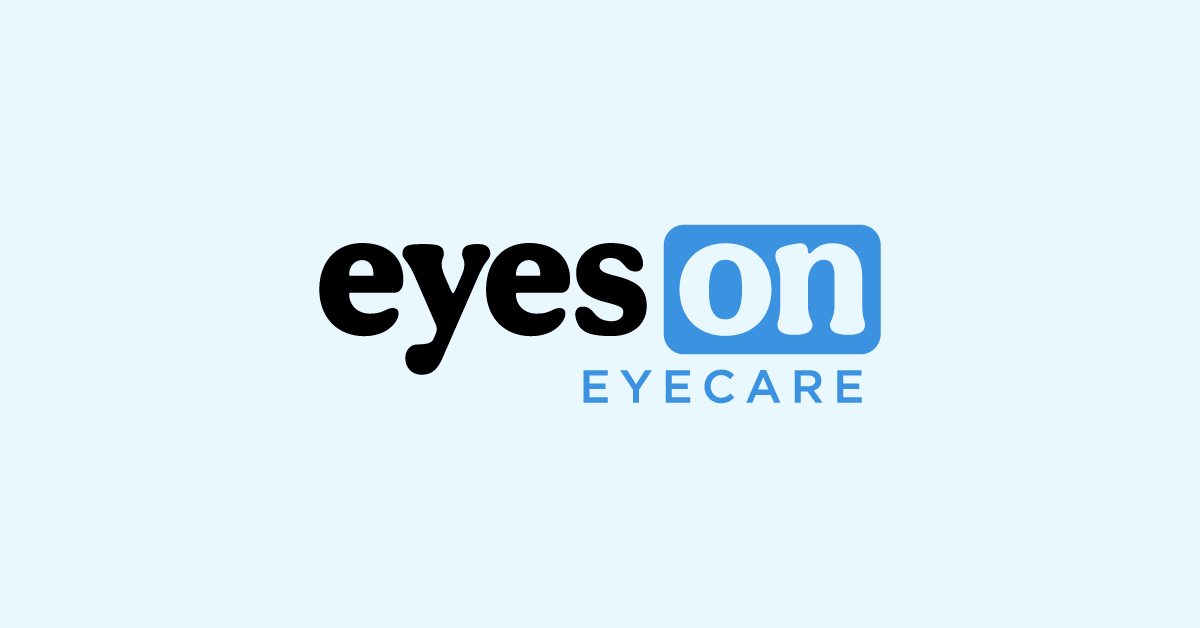- People such as doctors, dentists, veterinarians, lawyers, accountants, contractors, subcontractors, public stenographers, or auctioneers who are in an independent trade, business, or profession in which they offer their services to the general public are generally independent contractors. However, whether these people are independent contractors or employees depends on the facts in each case. The general rule is that an individual is an independent contractor if the payer has the right to control or direct only the result of the work and not what will be done and how it will be done. The earnings of a person who is working as an independent contractor are subject to Self-Employment Tax. – IRS website
Mistakenly classifying an employee as an independent contractor can result in significant fines and penalties. There are 20 factors used by the IRS to determine whether you have enough control over a worker to be an employer. Though these rules are intended only as a guide-the IRS says the importance of each factor depends on the individual circumstances. Click here to view a 20 point checklist that will determine if you are an independent contractor.
The Basics of Tax W2 vs W9 in Optometry – Interview with CPA Gary Topple
Develop an Efficient Way to Track All Expenses
- Who is Self-Employed?
- What Are My Self-Employed Tax Obligations?
- How Do I Make My Quarterly Payments?
- How Do I File My Annual Return?
- Am I Required to File an Information Return?
- Business Structures
- Home Office Deduction
- Husband and Wife Business – What is a Qualified Joint Venture?
- Considering a Tax Professional
- Online Learning Tools
4 Ways To Track Your Expenses:
- Be old school and collect all your receipts, file them weekly into different folders that corresponds to different expense categories.
- A more advanced (and digital) approach is to use your smart phone or tablet. Get an app like Genius Scan to digitally covert all receipts and documents to PDFs. This is convenient since you could digitally keep all your receipts and file them away any time at the push of a button on your phone. Then you could use excel to organize your expenses.
- A popular app on the iPhone is the iXpenseIt app. This allows you to track all expenses and income and you can take a photo on the spot. Then you could print a summary report! A similar one on the Android platform, which I have not used, but read about is Expensify.
- Dr. Geller uses a paid service, QuickBooks. Quickbooks is more than just tracking expenses. It allows you to determine the financial status of your business, in this case yourself as an independent contractor. With Quickbooks you can set budgets, track income, expenses and more. Dr. Geller puts all of his receipts in a shoe box but tracks individual expenses in Quickbooks. If he is ever audited he can pick out receipts if need be.
Use Categories To Track Your Expenses:
- Rent
- Utilities
- Services
- Restaurant & Entertainment
- Travel
- Equipment
- Phone
- Health Insurance
- Shipping
- Marketing
- Investments
Get the spreadsheet
Qualifying Tax Deductions
Indirect expenses are not directly related to the job, but are incurred as part of doing the job such as:
Direct expenses are costs that are directly related to doing work:
- Postage, supplies and other necessary work items or services
- Home-based contract workers are allowed to take the home office deduction if the primary location for the work is done at home. Talk to an accountant about the percentage you should be utilizing.
- If travel is also a part of doing your work, keep track of mileage, hotel and other travel-related expenses
- Other possible deductions include: health care insurance costs, retirement savings accounts and professional service fees, such as lawyers or accountants
Some Last Thoughts…
- Consider starting an S-Corporation (more information about this to come in a future post)
- Start a retirement account.
- Interest that you are paying on your student loans could be deducted. At tax time, ask your loan company for a 1098-E form and provide this form to your accountant. It will contain how much interest you paid. Your student loan servicer (who you make payments to) will provide a copy of your 1098-E if the interest you paid in 2013 exceeded $600.
- Check with your accountant to see if any donations you’ve made over the last year could be deducted. Donations to AOA-PAC will be tax deductible.
READ NEXT – How to Estimate Quarterly Tax Payments as an Independent Contractor OD
- The Basics of Tax W2 vs W9 – Interview with CPA Gary Topple
- A Guide to Tax Deductions as an Independent Contractor Optometrist
- How to Estimate Quarterly Tax Payments as an Independent Contractor OD
The author of the content you just read, put in lots of work to provide you with this article. Even though we try our best, there is no guarantee the article is error free. NewGradOptometry.com, its sponsors, advertisers, staff and writers make no representation, warranty, or guarantee that this article and its contents are error-free and will bear no responsibility or liability for the results or consequences of the information contained within.
